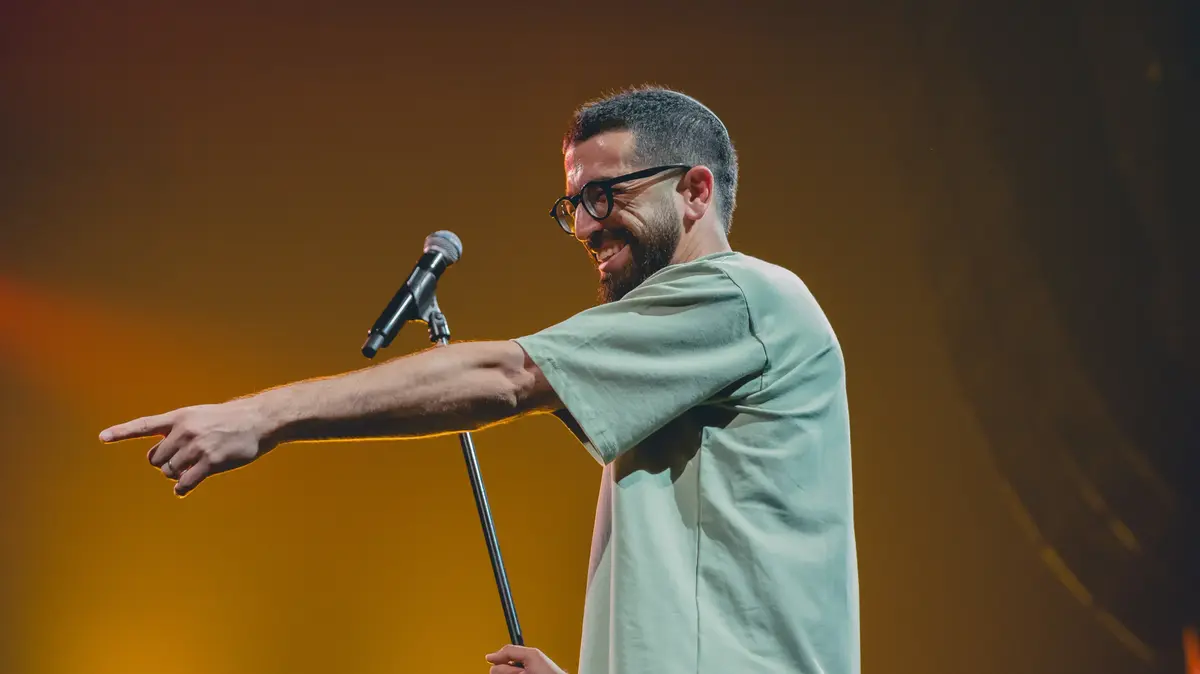The story of the biblical hero is one of the best known in Sages' literature, and many are convinced that it appears in the Torah • But even the legend we all know is not accurate
Ivan Izovsky, "And the Children of Israel Will Come Into the Sea," 1891
Photography:
Wikipedia
The legend of Nachshon ben Aminadav jumping into the Red Sea fearlessly is one of the best known legends in the literature of Chazal. It is so well known that many are sure that it appears in a biblical story. , And also the military operation of the breakthrough to Jerusalem by the defense in the War of Independence, was called "Operation Nachshon." Many will be surprised to find that the original legend about Nachshon ben Aminadav is completely different.
The Mekhilta says that when the children of Israel came out of Egypt and Pharaoh pursued them, they reached the Red Sea.
The twelve tribes stood on the seashore and heard the command calling them to march forward, but out of the large crowd was not found a tribe that dared to be the first to descend into the water.
Everyone exclaimed, "I do not go down to the sea first."
And here while they were standing and arguing, Nachshon ben Aminadav advanced and jumped into the sea.
The water was deep and stormy, and Nachshon was washed into the depths of the sea and began to sink into the depths.
The Midrash reads from him the verse from Psalms "for they came from water to soul" since his life depended on it.
Moses watches the events in horror, and prays to God to save them.
In response Gd rebukes Moses and says to him: "My friend drowns in the sea, and the sea closes, and hates persecutor, and you stand and multiply in prayer ?!" Gd proves Moses: danger of death hovers over Nachshon's head, and you stand and pray ?!
Moses turns to him and asks: And what can I do?
And God's answer is not long in coming: Lift up the staff and split the sea!
According to the story in Mekhilta, Nachshon's daring leap is not helpful and the sea does not split.
Moses' prayer does not work either.
The legend extends to the dramatic moments in which Nachshon oscillates between life and death.
God rebukes Moses and demands that he show leadership, act and take action and lead the people. Every critical moment and if he does not act quickly may be too late, he must raise the staff and split the sea.
It is hard not to feel the topical message of the story from the second century AD calling for activist leadership.
Nachshon represents the people of Israel who are in trouble, the Egyptians behind them and the sea in front of them.
The responsibility falls on the shoulders of the leader who has to deal with the difficult situation and lead.
Only if we raise the staff, God will help and the sea will split.
There are aspects of this legend and message that are meaningful and relevant today as well.
In the difficult struggle we have been facing in the past year against the corona plague, enormous human efforts are being made.
We are required to use the wisdom with which we have been endowed, with the medical knowledge acquired over the years, with the marvelous technological ability to develop vaccines, and with the various ways formulated to deal with the plague.
We must do all we can to overcome the contagious virus, and pray for God's help.
Nachshon's story calls for active and enterprising leadership that understands that the responsibility lies on its shoulders, to lead the public in the right path, and to march it forward to health and a good life.
Dr. Tamar Kadri is the Dean of the Schechter Institute for Jewish Studies and a lecturer in Midrash and Aggadah.









